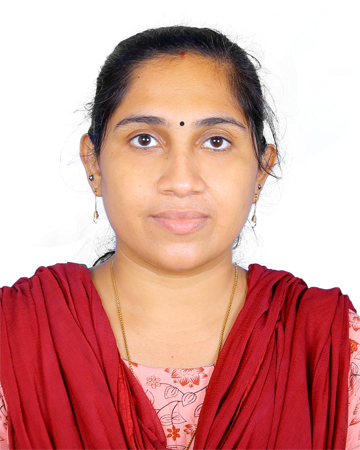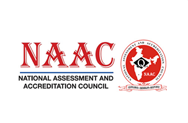Biomedical Engineering
Biomedical engineering (BME) or medical engineering is the application of engineering principles and design concepts to medicine and biology for healthcare purposes (e.g. diagnostic or therapeutic). This field seeks to close the gap between engineering and medicine, combining the design and problem solving skills of engineering with medical biological sciences to advance health care treatment, including diagnosis, monitoring, and therapy. Also included under the scope of a biomedical engineer is the management of current medical equipment within hospitals while adhering to relevant industry standards. This involves making equipment recommendations, procurement, routine testing and preventive maintenance, a role also known as a Biomedical Equipment Technician (BMET) or as clinical engineering.
Biomedical engineering has recently emerged as its own study, as compared to many other engineering fields. Such an evolution is common as a new field transitions from being an interdisciplinary specialization among already-established fields, to being considered a field in itself. Much of the work in biomedical engineering consists of research and development, spanning a broad array of subfields (see below). Prominent biomedical engineering applications include the development of biocompatible prostheses, various diagnostic and therapeutic medical devices ranging from clinical equipment to micro-implants, common imaging equipment such as MRIs and EKG/ECGs, regenerative tissue growth, pharmaceutical drugs and therapeutic biologicals.
With the growing health consciousness in India, biomedical engineering is becoming one of the most enviable and sought-after career. Biomedical engineers collaborate with doctors and researchers to develop medical systems, equipment or devices that can solve clinical problem Healthcare, Pharmaceutical and Healthcare equipment manufacturing sectors are the prime recruiters. Government agencies such as Drugs Department, State wise Health Departments are also known to recruit B.Tech. Biomedical Engineering Graduates. Average starting salary is generally between 3-6 Lakh Rupees per year. Chances of building a career abroad after Graduation is good, when it comes to this Engineering branch. Abroad, salary package will be much better











